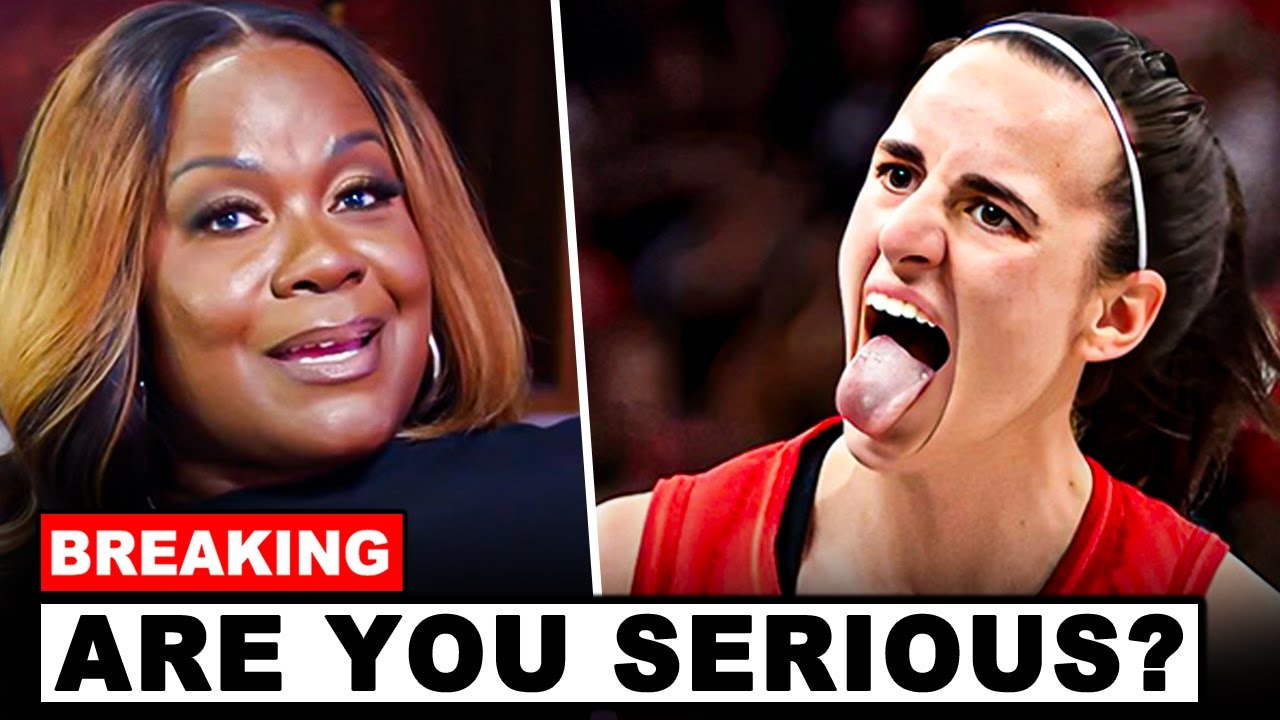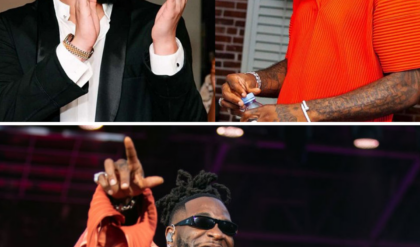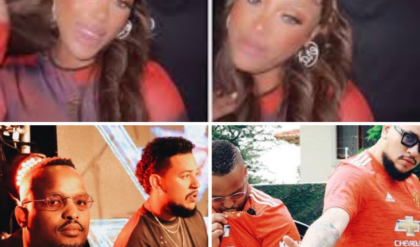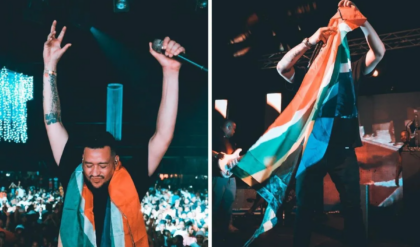Tensions in the WNBA have hit a boiling point as Sheryl Swoopes, a WNBA legend, sparked a heated debate after seemingly taking shots at rising stars Caitlin Clark and Sabrina Ionescu. The controversy began when Swoopes commented on the New York Liberty’s performance, indirectly criticizing Clark’s signature style of three-point shooting. Fans quickly interpreted her remarks as a veiled jab at Clark, igniting widespread discussions and even boycott threats from Clark’s loyal fan base.
Swoopes’ comments came at a critical moment, following the Liberty’s tight overtime loss to the Minnesota Lynx in Game 1 of the WNBA Finals. In her critique, Swoopes advised the Liberty not to rely on “jacking up threes” when holding a lead, a remark many saw as aimed at Clark, who is renowned for her remarkable long-range shooting ability. The Liberty, led by star player Sabrina Ionescu, have faced significant pressure throughout the Finals, and Swoopes’ words only added fuel to the fire.
Caitlin Clark, the Indiana Fever’s standout rookie, has been a central figure in the WNBA this season. She was the near-unanimous pick for Rookie of the Year, having averaged 19 points, 8.4 assists, and 5.7 rebounds per game. Her incredible rookie season earned her widespread acclaim, but her team’s elimination from the playoffs has left many of her fans frustrated and even threatening to boycott the WNBA. Despite these boycott rumors, the WNBA Finals have continued to draw solid viewership, surpassing one million views for the first game. However, Clark’s fan base remains vocal, insisting that her presence in the Finals would have drawn even greater numbers, pointing to the 2.5 million viewers who tuned in for her final playoff game.
As the Finals progress, the tension between veteran voices like Swoopes and the new generation of stars like Clark and Ionescu has become a major talking point. Some fans believe that veterans like Swoopes are reluctant to fully embrace the new wave of players, particularly Clark, whose rapid rise threatens to overshadow the legacies of WNBA legends. This generational clash is becoming increasingly evident, with social media ablaze as fans defend Clark’s contributions to the league.
Swoopes’ critique of Clark has also opened up broader conversations about the WNBA’s future. Many believe Clark represents the next era of women’s basketball, with her sharp shooting and dynamic playstyle capturing the attention of a new generation of fans. However, others argue that the league’s growth should not rest solely on one player, and that the WNBA’s recent rise in popularity is due to the collective efforts of its athletes.
Regardless of where fans stand on the issue, it’s clear that Caitlin Clark has left a lasting impact on the WNBA, and the ongoing debates surrounding her significance will continue to shape the league’s narrative. Whether or not fans follow through on boycott threats, Clark’s presence—and absence—from the playoffs remains a hot topic, with many believing that the WNBA’s future hinges on how it navigates this new era of rising stars and veteran voices.
As the Finals continue, one thing is certain: the spotlight on Caitlin Clark and her influence on the league will not dim anytime soon, and the WNBA will need to decide how to embrace the future she represents.






